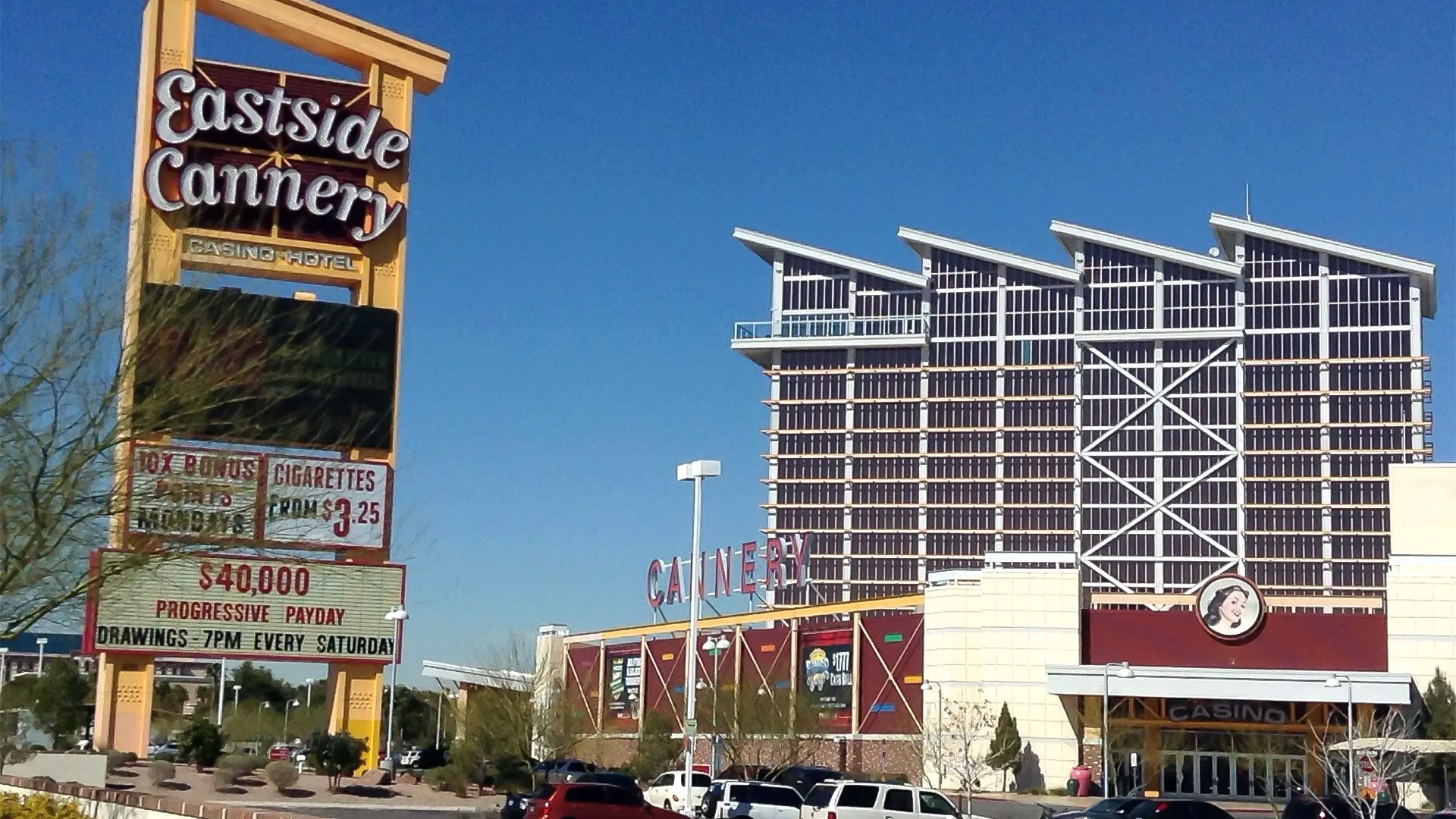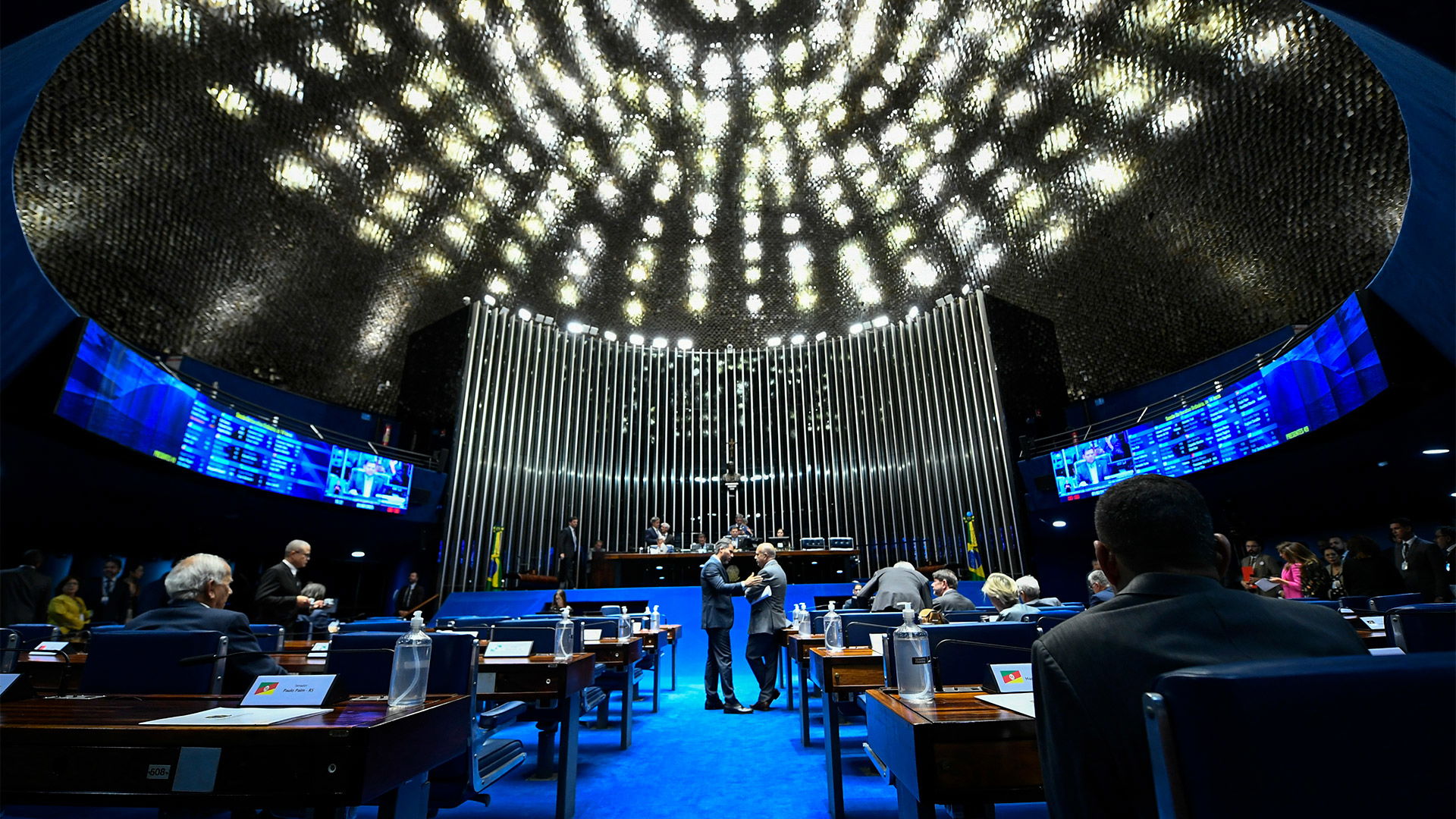Massachusetts lawmakers to review online casino bills

Massachusetts is reopening discussions on legalizing online casino gaming, as lawmakers prepare for a scheduled hearing on June 23 to review two long-pending bills—House Bill 332 and Senate Bill 235.
Both bills propose a regulatory framework that would permit internet-based casino operations under state oversight. The proposed legislation seeks to introduce the Massachusetts Internet Gaming Act, placing regulatory authority under the Massachusetts Gaming Commission (MGC).
The bills create two licensing categories: Category 1 licenses would allow the state's three existing casinos to partner with up to two online platforms each, while four Category 2 licenses would be granted to standalone online operators with no physical casino affiliations.

Licenses would run for five years with an initial and renewal fee of $5 million. A one-year provisional license priced at $1 million would also be available during application processing. Operators would be taxed at 20% of gross gaming revenue—equal to the rate for online sportsbooks but lower than the 25% tax applied to retail casinos.
The legislative package includes consumer protection rules, such as statewide self-exclusion options, Know Your Customer (KYC) checks, anti-money laundering controls, and limits on misleading advertising. A 1-800-GAMBLER banner would be mandatory across all platforms. Operators must also submit annual responsible gaming plans and train staff accordingly.
A provision allowing out-of-state live dealer studios and enabling interstate gaming agreements could position Massachusetts for eventual participation in the Multi-State Internet Gaming Agreement, joining jurisdictions such as New Jersey, Michigan, and Pennsylvania.
However, support for legalization is not universal. While advocates point to increased tax revenues and technological job opportunities—especially with neighboring states like Rhode Island and Connecticut already offering iGaming—critics warn of potential negative impacts on existing brick-and-mortar casinos.
The debate also intersects with national regulatory concerns. MGC Chair Jordan Maynard, who has advocated for tighter oversight, has pushed for a federal self-exclusion registry and more uniform regulations. He has questioned whether technology used for customer engagement could also be leveraged to support responsible gambling practices.
Massachusetts has typically taken a gradual approach to gambling policy, with online sports betting only approved years after retail casinos were legalized.
Given similar delays in the rollout of the state’s online lottery, full implementation of online casinos in the near term remains uncertain—even if legislative discussions move forward in 2025.

















